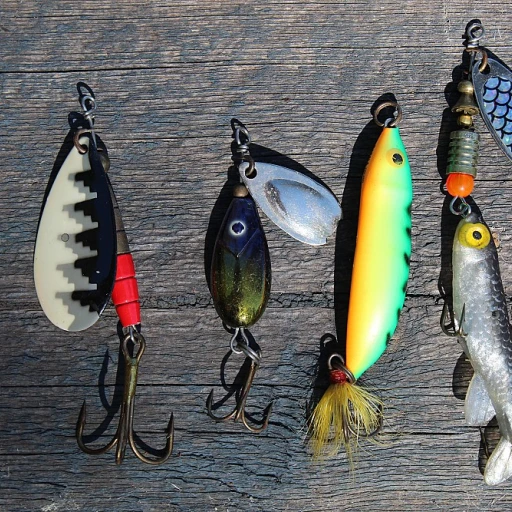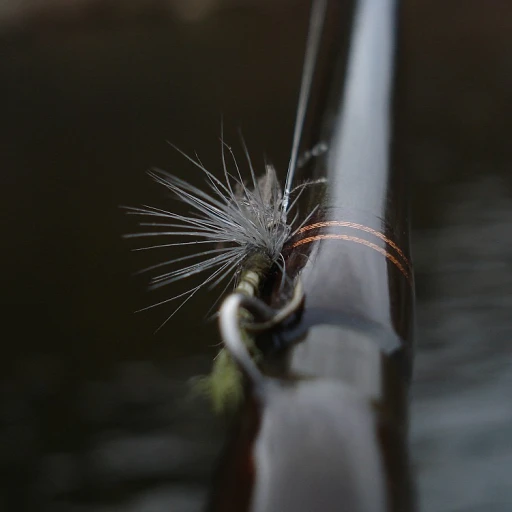
Deciphering the Fine Print: Why Local Fishing Regulations Matter
Understanding Your Fishing Grounds: The Importance of Regulations
When it comes to recreational fishing, many enthusiasts may overlook the significance of understanding and adhering to local fishing regulations. Yet, this aspect is crucial, not just for the legality of the activity but also for the sustainability of fish populations and the ecosystems they inhabit. According to a study reported by the National Oceanic and Atmospheric Administration, approximately 49 million Americans engage in recreational fishing annually, highlighting the potential impact of collective compliance with fishing laws.
The Ripple Effect of Regulation Compliance
When regulations are followed, the benefits are multifaceted. For instance, size limits ensure that juvenile fish are given a chance to mature and reproduce before they are caught, contributing positively to the stock's longevity and health. Data from the Fish and Wildlife Service indicates that certain fish populations have shown signs of recovery when managed with science-based regulations. On the other hand, noncompliance can lead to drastic decreases in fish stocks, often resulting in stricter regulations or, in severe cases, complete fishing moratoriums.
Securing the Future of Fishing
The rules that govern our waters serve as a safeguard for future generations of fishing enthusiasts. By respecting size limits, season closures, and habitat protections, anglers play a direct role in conservation efforts. Alarmingly, research reflects that illegal, unreported, and unregulated fishing accounts for up to 26 million tons of fish caught annually, threatening marine ecosystems. Implementing best practices for ethical angling as discussed later, and aligning with the regulatory framework, helps to mitigate such threats.
Navigating the Regulatory Landscape: A How-to Guide for Anglers
Step-by-Step Guide to Fishing Compliance
Fishing regulations can seem like a dense jungle of legal jargon, but it's essential for the recreational angler to navigate these rules successfully. According to a study by the Recreational Boating & Fishing Foundation, 80% of anglers believe that following the regulations is crucial for conservation. Start by visiting your local fishery office or their website to obtain the latest guidelines. Often, they provide user-friendly pamphlets or digital resources that distill complex regulations into actionable information.
Utilizing Digital Tools for Regulation Updates
In our modern age, there's an app for everything, and this includes staying updated on fishing laws. With real-time updates, these mobile applications offer a convenient way to ensure compliance. For example, 'FishRules' is an app that simplifies saltwater fishing regulations for state and federal waters of the United States. An impressive feature of the app is its location-based regulation guide, which automatically provides users with the rules corresponding to their GPS location.
Understanding Size, Season, and Bag Limits
- Size Limits: These ensure that fish are allowed to reach maturity and reproduce at least once before being caught.
- Season Limits: Certain species can only be legally caught during specific times of the year to protect their breeding seasons.
- Bag Limits: These control how many fishes an angler can take in a day, thus preventing overfishing of the stock.
Grasping these limits is fundamental, as data from NOAA Fisheries indicates that overfishing affects 15% of assessed fish stocks in the U.S. waters. Anglers playing by the rules contribute to sustainable fisheries and vibrant aquatic ecosystems.
Joining Workshops and Educational Programs
Many local fishing communities and conservation organizations conduct workshops and seminars for anglers. Participating in these programmes enhances your understanding of the regulations and underlines the spirit behind them. Anecdotes from veteran fishermen in these sessions can convey the importance of compliance better than any regulation guide. For instance, 'Bob the angler' could relate a personal story about how following the spawning season rules led to more abundant fishing in the following years.
Caught in the Act: Real-world Consequences of Ignoring Fishing Laws
The Price of a Misstep: Penalties for Violating Fishing Laws
When it comes to recreational fishing, abiding by local regulations is not just a matter of etiquette; it's a legal requirement. A lapse in judgment or a moment of ignorance can result in substantial fines, and in some cases, even criminal charges. Recent statistics indicate that violators could face penalties ranging from $50 to several thousand dollars depending on the severity of the infraction. For instance, illegally fishing a protected species or exceeding catch limits can lead to hefty fines. Moreover, repeat offenders may find themselves facing harsher punishments, including the possibility of revocation of their fishing licenses.
Ocean's Outlaws: Case Studies of Regulation Violations
Analyzing real-life instances where anglers have faced the music for disregarding fishing regulations can be eye-opening. A notable example involves a recreational fisherman in Florida who was sentenced to a $2,000 fine and a three-year probation period for overfishing and possession of undersized lobsters, a grave mistake he acknowledged as hastiness and lack of awareness. Such cases exemplify the importance of understanding and respecting marine life conservation efforts. By sharing these stories, we aim not to chastise but to educate and prevent similar occurrences among our community of anglers.
The Ripple Effect of Irresponsible Fishing
Ignoring regulations doesn't only lead to direct repercussions for the individual; it has a broader, more damaging impact on fish populations and ecosystems. Studies show that non-compliance with size and bag limits contributes to overfishing, destabilizing marine environments. This ultimately circumscribes the enjoyment and livelihood of future generations of fishermen. Recognizing our role in preserving this natural heritage is crucial; it's about more than just compliance—it's about contributing to the sustainability of the sport we love. For insightful perspectives on the impact of catch-and-release and ethical angling, visit the ethical angler's dilemma: is catching and releasing truly harmless?.
Tackle Your Responsibilities: Implementing Best Practices
One way to ensure you're contributing positively to the fishing community is to implement best practices in every aspect of your hobby. This could include educating yourself on local species, their breeding patterns, and respecting seasonal closures. Equipping ourselves with the correct gear and techniques can also play a vital role in protecting fish populations. By adopting catch and release methods, using barbless hooks, and maintaining proper fish handling, anglers can enjoy the sport while minimizing their ecological footprint. Engagement with local conservation efforts or participating in beach clean-ups further demonstrates a commitment to ethical angling—a movement growing among conscious fishermen worldwide.
Staying on the Right Side of the Line: Best Practices for Ethical Angling
Embracing Ethical Angling Practices
Responsible recreation is not just about adherence to official guidelines; it’s about cultivating a profound respect for the aquatic ecosystem. Ethically-minded anglers ensure that recreational fishing remains a sustainable pastime. Statistics show that catch-and-release practices can substantially reduce fishing mortality rates when performed correctly. According to a study conducted by the National Park Service, effective catch-and-release techniques can result in survival rates exceeding 90% for many species.
Using Gear That Guards Marine Life
- Circle Hooks: Promote the use of barbless circle hooks to minimize injury to fish, as supported by research indicating reduced hooking mortality.
- Biodegradable Fishing Line: Opt for biodegradable lines to diminish the lasting impact of tackle left in the environment.
- Lead-Free Sinkers: Choose non-toxic, lead-free alternatives to protect waterfowl and other wildlife from lead poisoning.
Adopt a Pro-Environment Approach
As an angler, maintaining the cleanliness and integrity of waterways is imperative. Astonishingly, the Environmental Protection Agency reports that litter, including fishing line and lures, contributes significantly to the pollution of aquatic habitats. Do your part by:
- Collecting Debris: Always bring a trash bag whenever you fish to clean up any debris you encounter.
- Reporting Pollution: If you notice illegal dumping or high levels of pollutants, contact local authorities to take action.
- Participating in Cleanups: Join local fishing community efforts for organized clean-up days along rivers, lakes, and coasts.
Contribute to Conservation Efforts
Invest in the future of recreational fishing by supporting fish habitat conservation projects. According to the American Fisheries Society, anglers who are active in habitat restoration contribute significantly to the resilience of fish populations. By volunteering your time or donating to reputable conservation organizations, you make a direct impact. Your passion for fishing can drive you to protect the resources that make it possible.

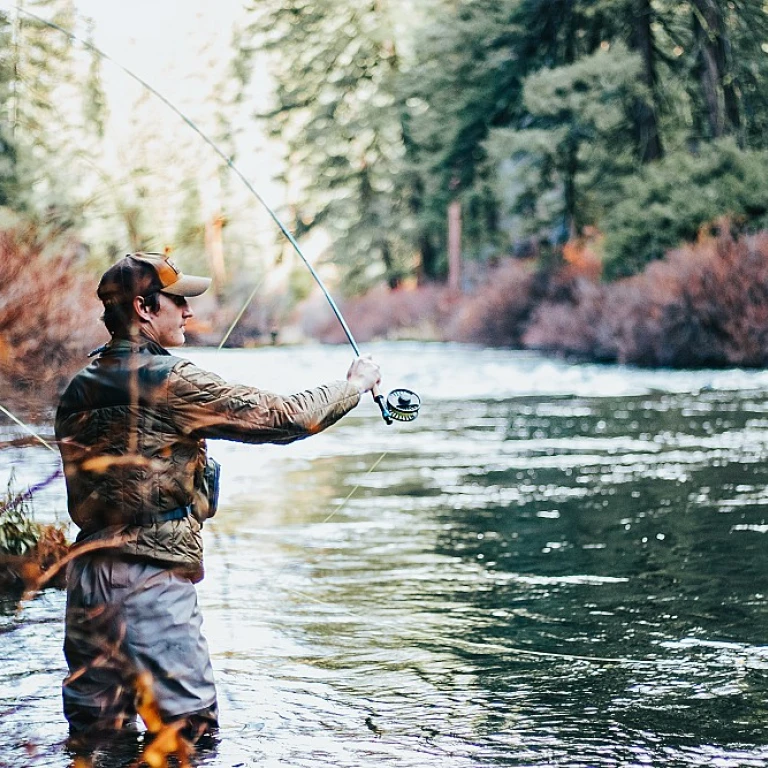
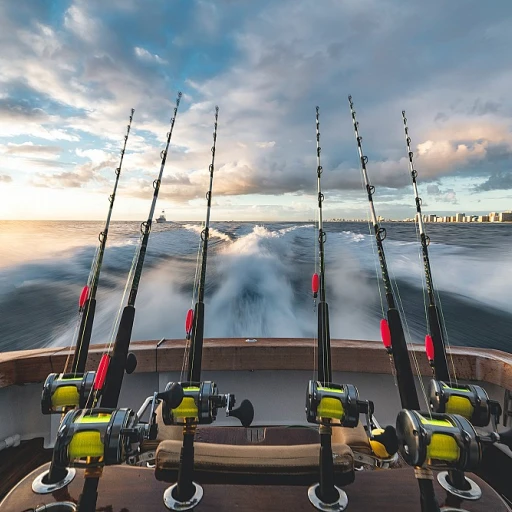
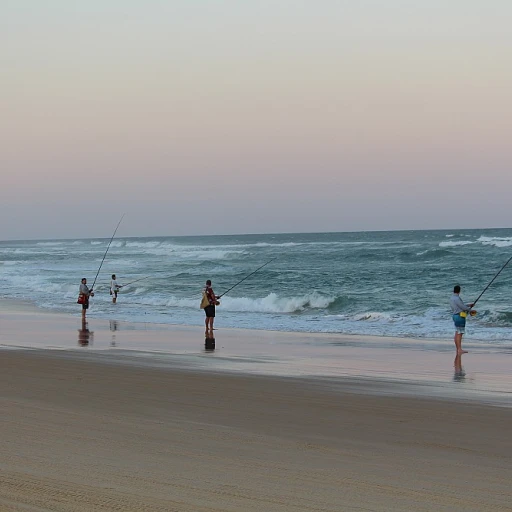
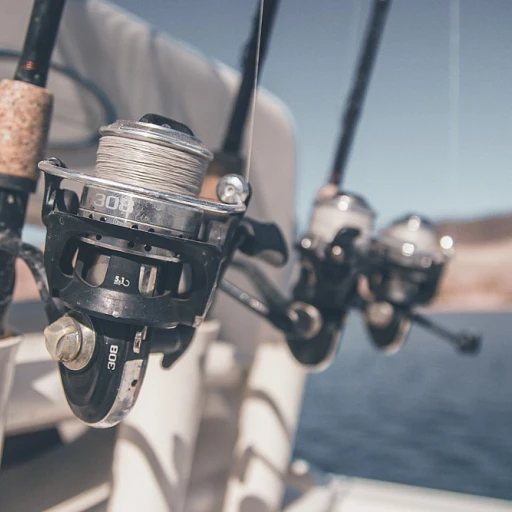

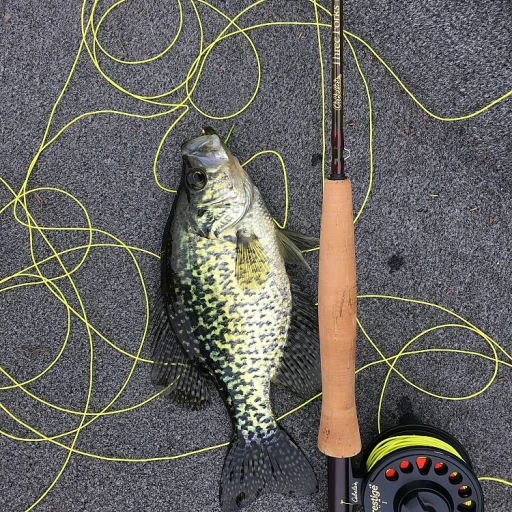
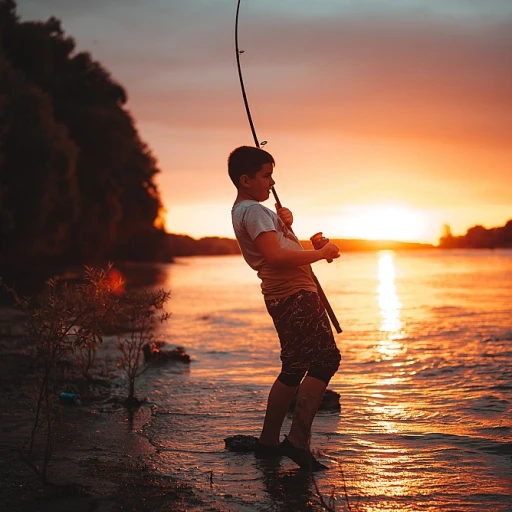
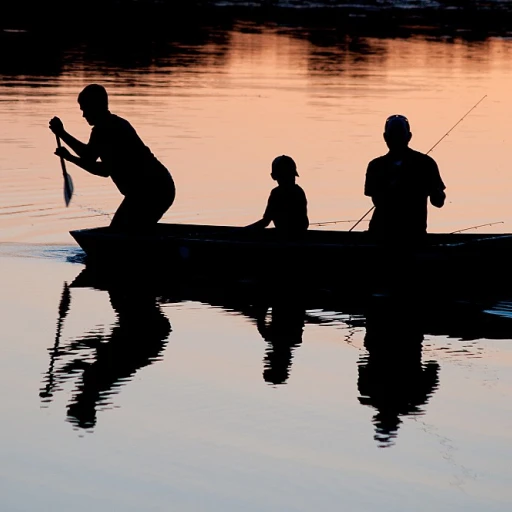

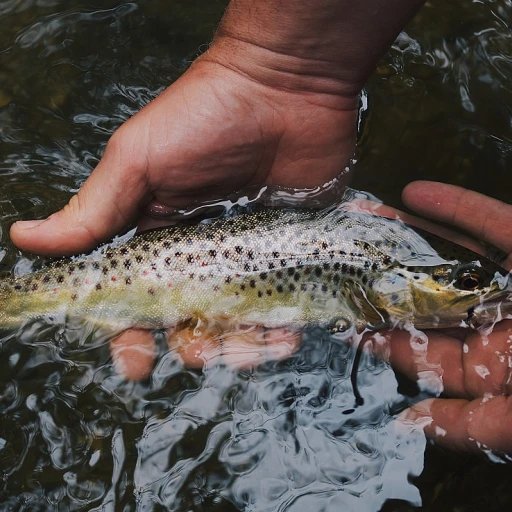
-large-teaser.webp)

